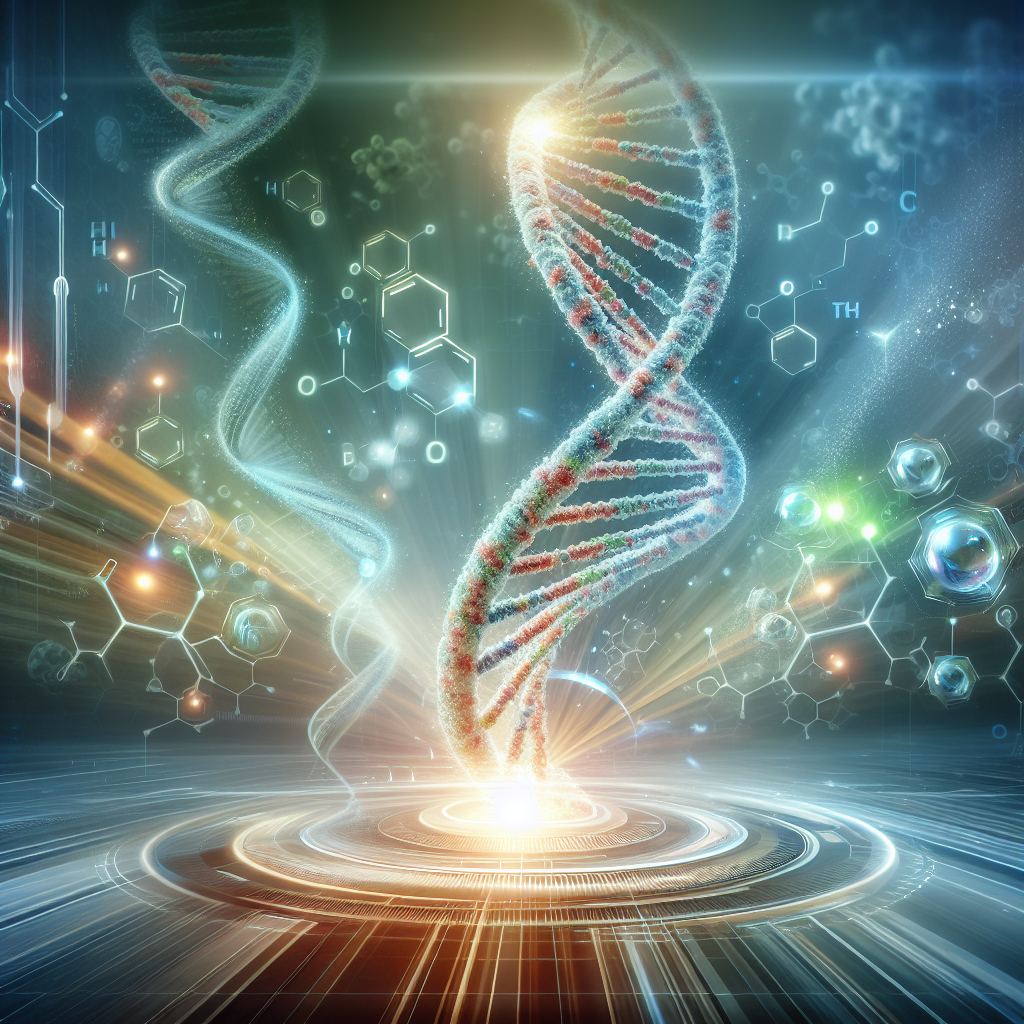UniQure's AMT-130 Huntington's Gene Therapy Gains FDA Support for Accelerated Approval Pathway

UniQure has successfully aligned with the FDA regarding the accelerated approval pathway for its gene therapy AMT-130, designed to treat Huntington's disease. During a recent Type B meeting, the FDA agreed to allow the use of data from the ongoing Phase I/II studies, supported by natural history external controls, as the primary basis for the Biologics License Application, thereby avoiding the necessity for an additional trials[1][2]. The FDA also authorized the utilization of the Unified Huntington’s Disease Rating Scale as an intermediate clinical endpoint and endorsed the use of neurofilament light chain levels as supportive evidence to demonstrate AMT-130’s efficacy[1]. This progression is seen as a promising advancement for UniQure, marking a significant step towards potentially obtaining accelerated approval for their therapeutic approach to Huntington's disease[2].
References
Explore Further
What are the specific criteria that the FDA is using to evaluate the efficacy and safety of AMT-130 for accelerated approval?
How does AMT-130 differ from other gene therapies being developed for Huntington's disease in terms of mechanism of action and expected outcomes?
What are the potential risks and challenges associated with using natural history external controls in the accelerated approval pathway for AMT-130?
In what ways could the success of UniQure's AMT-130 impact the future development and approval of gene therapies for other rare diseases?
What steps is UniQure planning to take between now and 2025 to ensure that the Biologics License Application for AMT-130 is ready for accelerated approval?